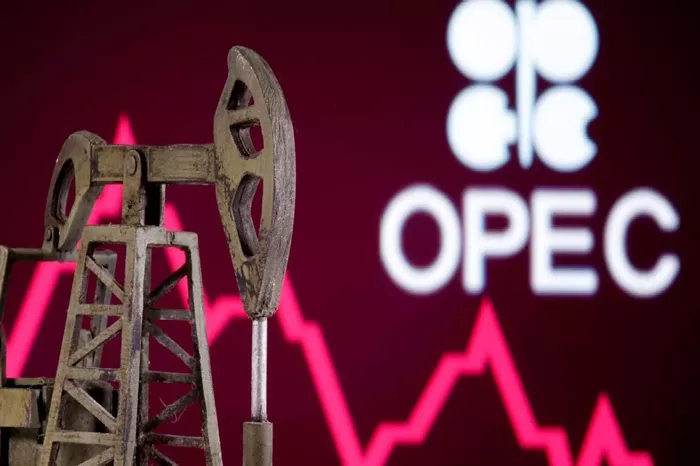OPEC‘s recent decision to phase out voluntary oil output cuts has sparked concerns among analysts and environmental advocates, who warn of potential market flooding and its implications for global climate efforts, including the commitments made at COP28.
The consortium, known as OPEC+, had initially planned to extend production cuts through the end of 2024. However, earlier this month, they announced a gradual increase in production, starting with a reduction of 2.2 million barrels per day beginning in October. This decision has raised alarms about its impact on oil prices and its alignment with global climate targets.
David Tong, global industry campaign manager at Oil Change International, emphasized the inconsistency of increasing fossil fuel production at a time when significant portions of existing reserves must remain untapped to limit global warming. He pointed out that this move could further entrench reliance on oil and gas, hindering the transition to renewable energy sources.
The International Energy Agency’s forecast indicating potential oversupply in the oil market by 2030 adds to concerns about a bearish trend in oil prices. While OPEC has not provided a clear timeline for future production increases, they stated that decisions will be contingent on market conditions.
Oil prices have reacted to the news, rising to approximately US$85 per barrel amid speculation that the US Federal Reserve might adjust interest rates to counter economic impacts of OPEC’s decision.
Despite the push towards renewables, Tong cautioned that increased investment in fossil fuels could delay progress towards climate goals. He referenced a report by Oil Change International highlighting the significant carbon emissions associated with extracting and burning current oil and gas reserves.
The failure to establish a definitive timeline for phasing out fossil fuels at COP28 reflects ongoing challenges in aligning international climate policies with the interests of oil-producing countries. This issue was particularly evident as countries, including OPEC members, grappled with the transition away from fossil fuels.
In addition to environmental concerns, geopolitical tensions have compounded anxieties over increased oil production. Conflicts involving major producers such as Russia and Middle Eastern nations could drive them to boost oil output to finance their military expenditures.
Looking ahead, analysts anticipate that declining costs of renewable energy will gradually undermine the profitability of fossil fuels. Renewable capacity in regions traditionally rich in oil, such as the Middle East, is expected to exceed fossil fuel consumption for domestic energy needs by 2040, according to industry reports.
However, the global push for renewable energy has been uneven. Dhruba Purkayastha from the Council for Energy Environment and Water noted that while COP28 commitments aimed to triple global renewable capacity by 2030, actual progress has been slow outside key countries like India, China, and Brazil.
The recent G7 summit reiterated the imperative to phase out fossil fuels but lacked specific commitments and timelines, reflecting ongoing challenges in global climate governance.
As climate impacts intensify, particularly in vulnerable regions like Asia experiencing unprecedented heatwaves, the urgency for coordinated international action on climate change grows.
“We need a new paradigm of multilateral action,” Purkayastha stressed, underscoring the global community’s limited time to curb emissions effectively.
Related topics:
Goldman Sachs Forecasts Robust Growth in Permian Basin Oil Production
Former Pioneer CEO Accused Of Colluding With Opec Hires Dc Lobbying Firm
OPEC Disputes IEA’s Forecast, Predicts Oil Demand Growth to 2045

